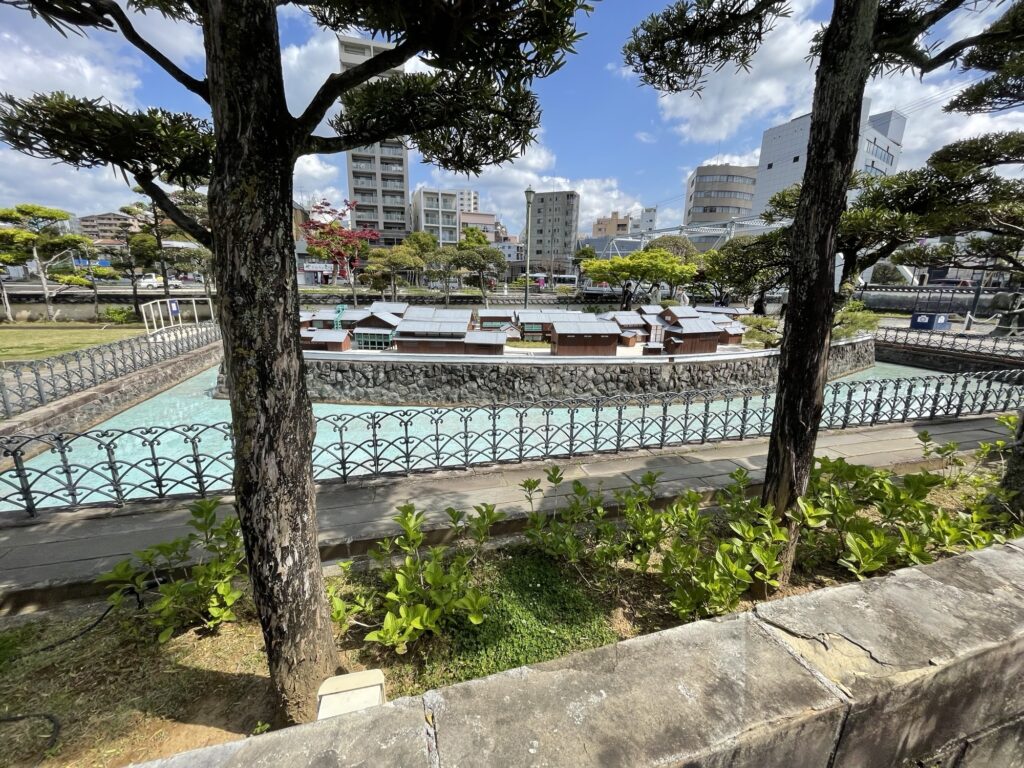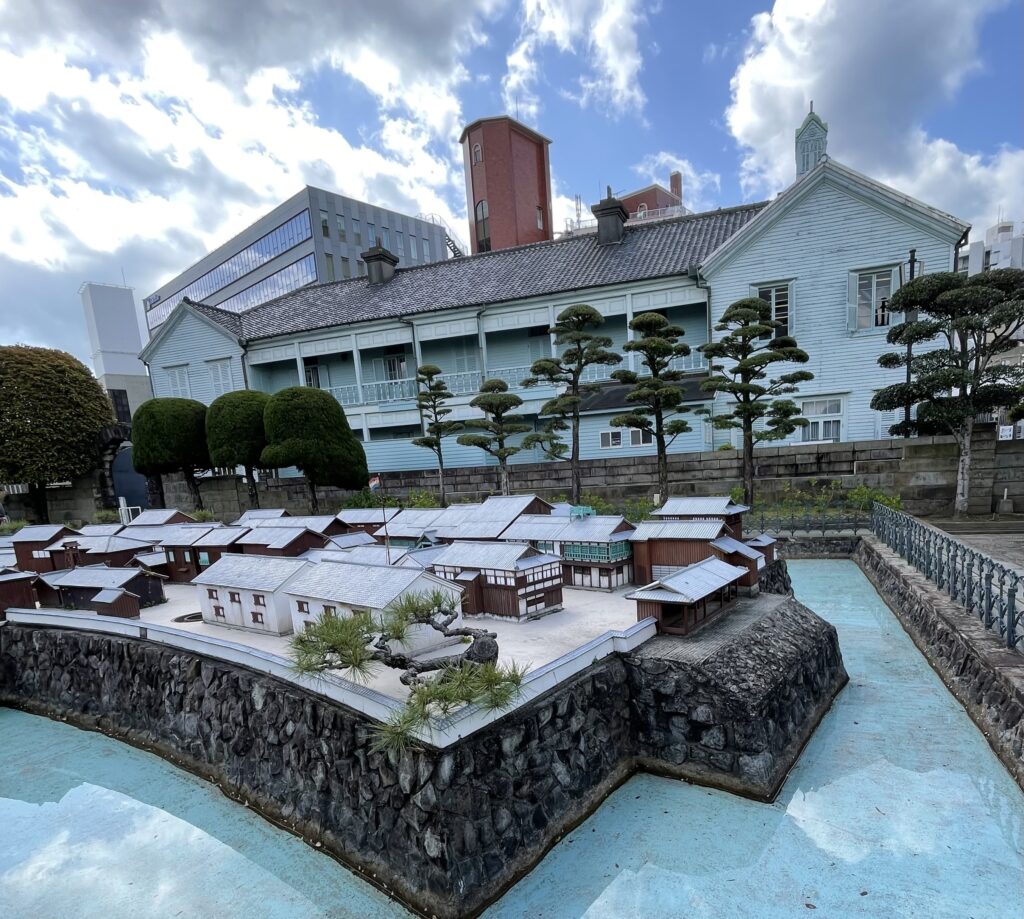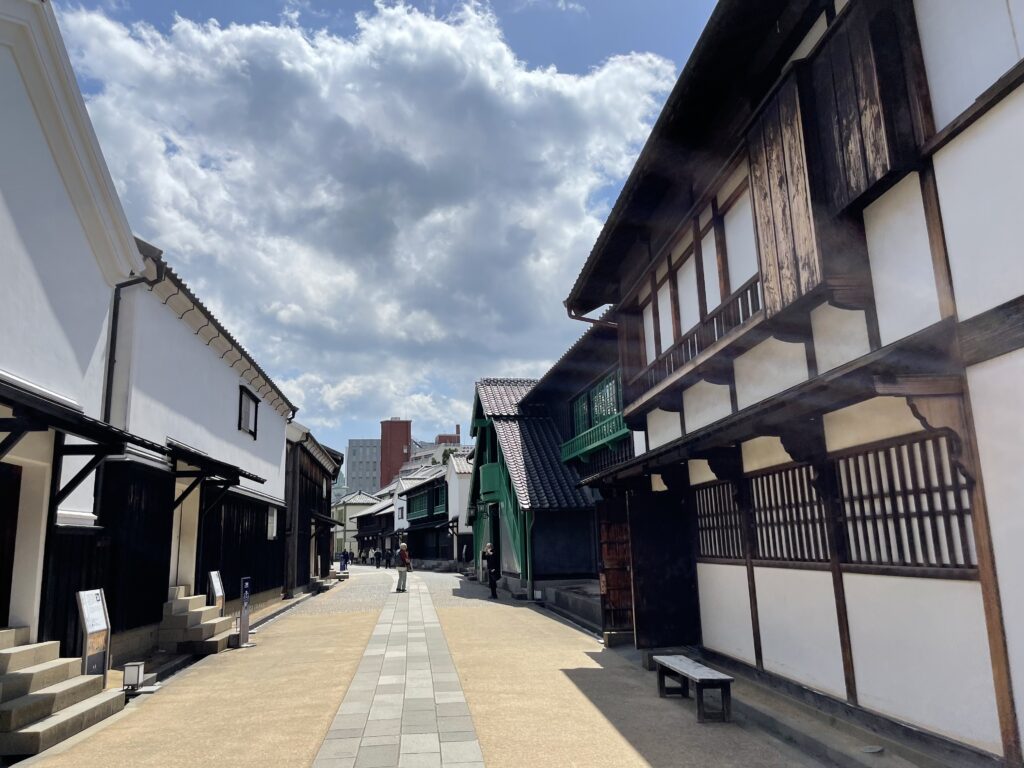





NAGASAKI: Next month’s G7 ministerial meeting on health matters is being held in Nagasaki, the birthplace to Japan’s Christian community, as well as the home of the Atomic Bomb Museum and Dejima Island, Japan’s only gateway to the rest of the world when it closed its borders during the Edo era.
Dejima is a man-made island built in 1636 and was the only doorway between Japan and the outside world until 1859, almost exclusively with Dutch traders. Contact with foreigners and even foreign ideas was severely restricted, but it became a point of entry for Western learning. Books on science, technology and medical knowledge, as well as tools and instruments, were closely studied then adapted and sometimes improved by Japanese.
But the dark side of Dejima was as the point of entry for infectious diseases such as cholera and smallpox.
Today, Nagasaki Prefecture is home to leading research on worldwide medical issues. Nagasaki University, successor to the first center for Western medical education, has become known internationally for its study of infectious diseases and is already devising strategies for the next infection crisis after COVID-19.
The University researched and treated those exposed to radiation after the 1986 Chernobyl nuclear disaster. Additionally, the university played an important part in providing medical support for the people affected by the Fukushima Daiichi Nuclear Power Plant accident in 2011.
There is an open-air museum on the site of Nagasaki’s historic Dejima Trading Post where the Dutch were allowed to trade soon after the artificial port was built.
One well-known personage who contributed to Western medical education in Japan was Philipp Franz von Siebold, who was assigned as a physician to the Dutch trading mission in 1823. Siebold was only 27 years old but during his six years in Japan, he established a small but immensely popular school, immersed himself in study and training, compiled translated works on childbirth and botany and carried out market surveys to try and improve trade between Japan and the Netherlands. He is best remembered for his many students who became pioneers of Western modern medicine and biology in Japan.
The G7 Health ministerial meeting, which will be held one week before the G7 Hiroshima Summit, will focus on strengthening support for public health emergencies and systems that lead to “sustainable universal health coverage” while promoting innovation to “address various health challenges.”